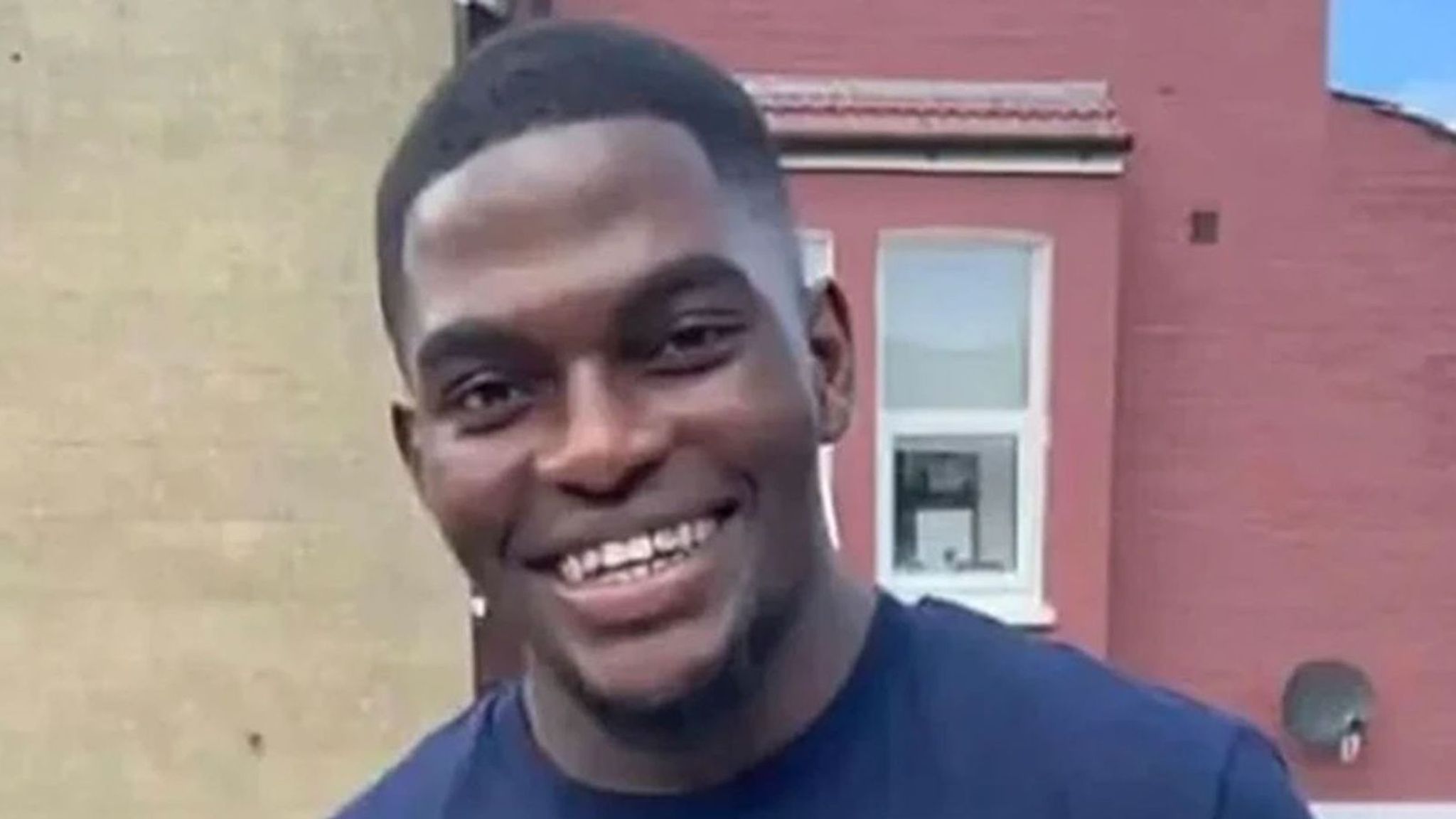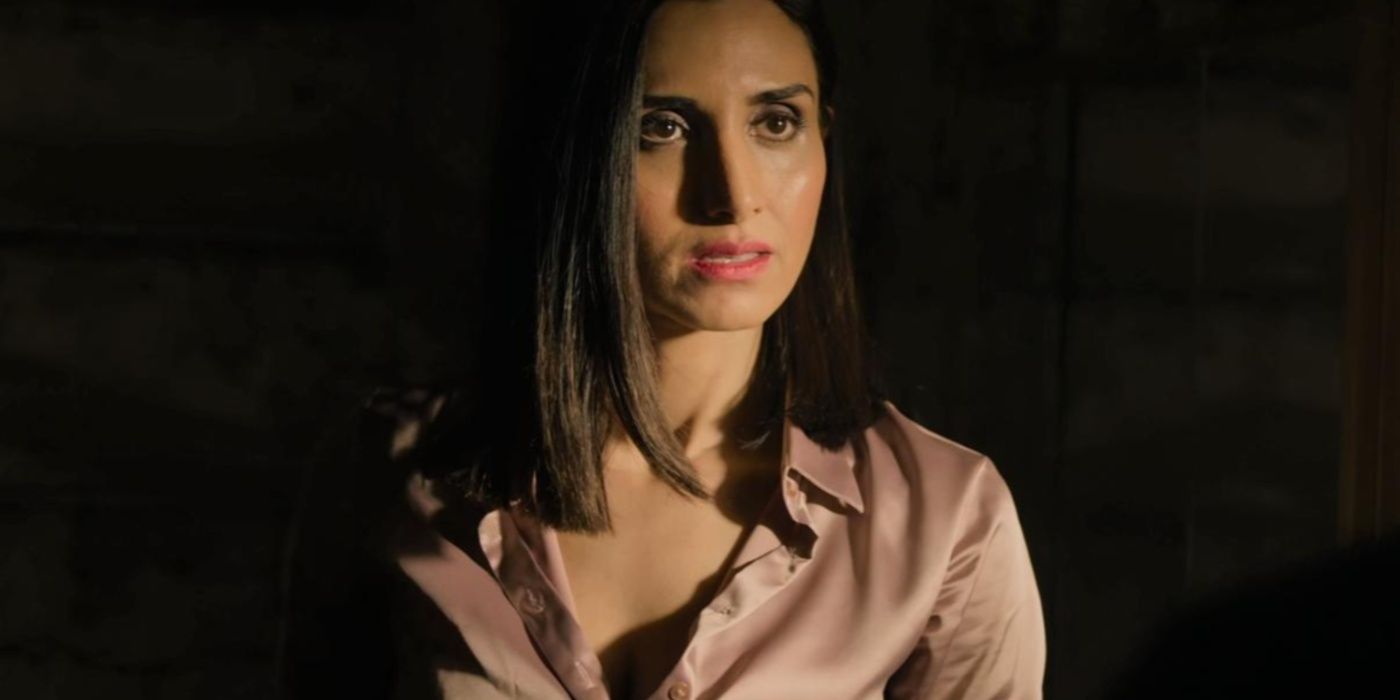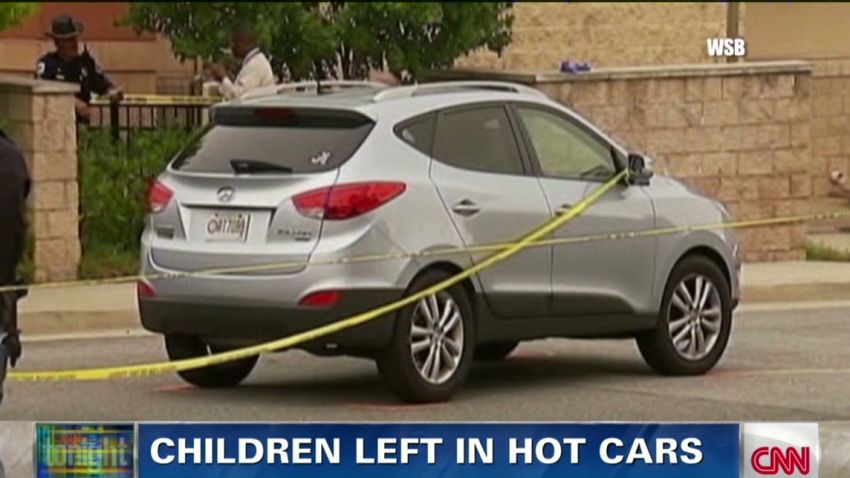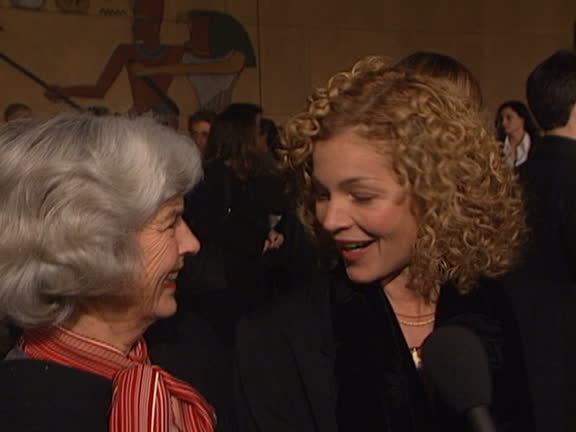Chris Kaba Panorama: Police Watchdog Challenges BBC's Coverage

Table of Contents
The IOPC's Criticism of the BBC's Panorama Documentary
The IOPC launched a stinging critique of the BBC's Panorama documentary on the Chris Kaba case, raising serious concerns about the program's accuracy and impartiality. Their criticism directly impacted the public perception of both the BBC and the IOPC's role in ensuring police accountability. The IOPC's statement, available on their official website [link to IOPC press release], detailed several key objections.
- Allegations of inaccuracies: The IOPC alleged several factual inaccuracies within the Panorama report, claiming that certain details presented were misleading or simply incorrect. This undermines the documentary's credibility and raises questions about the BBC's journalistic standards.
- Concerns about the interview process: The IOPC expressed concerns about the way certain individuals were interviewed for the Panorama program. Allegations included concerns about the context given to interviewees, potentially leading to misrepresentations of their views.
- Claims of biased reporting: The IOPC suggested that the overall tone and presentation of the Panorama documentary exhibited a bias against the police, potentially shaping public perception unfairly. This accusation directly challenges the BBC's claim of journalistic impartiality.
These criticisms have the potential to severely damage public trust in both the BBC, a cornerstone of British broadcasting, and the IOPC, the body tasked with investigating police misconduct. The controversy raises crucial questions about the appropriate balance between investigative journalism and maintaining fairness in reporting highly sensitive cases like the Chris Kaba shooting.
BBC's Response and Defence of its Chris Kaba Panorama Investigation
The BBC responded to the IOPC's criticism with a robust defence of their journalistic methods and commitment to journalistic integrity. They reiterated their belief in the accuracy and fairness of their reporting in the Chris Kaba Panorama investigation, despite acknowledging the IOPC's concerns.
- Justification of journalistic methods: The BBC defended their investigative approach, emphasizing the thoroughness of their research and the importance of holding the police accountable for their actions. They argued their work was in the public interest.
- Reiteration of commitment to journalistic integrity: The BBC stressed its adherence to strict editorial guidelines and its commitment to providing accurate and unbiased reporting. They highlighted their internal processes for verifying information and ensuring fairness.
- Counter-arguments to the IOPC's claims: The BBC likely addressed specific points raised by the IOPC, providing counter-evidence or alternative interpretations of the facts. Detailed responses, likely provided in statements released to the press, should be analyzed for a complete understanding.
The BBC's response highlights the inherent tensions between investigative journalism and the scrutiny of powerful institutions. Their defense of their editorial policies underscores the importance of a free press in a democratic society, even when it means facing criticism from powerful bodies like the IOPC.
The Wider Implications of the IOPC's Challenge
The dispute between the IOPC and the BBC over the Chris Kaba Panorama documentary carries significant implications for media accountability and police investigations. It raises questions about the limits of investigative journalism and the delicate balance between reporting crucial issues and maintaining public trust.
- Impact on public perception: This controversy directly influences public perception of police brutality and accountability. The IOPC's challenge to the BBC's reporting could potentially undermine public confidence in investigative journalism's ability to uncover the truth.
- Potential chilling effect: The IOPC's actions might create a chilling effect on investigative journalism, discouraging journalists from pursuing critical investigations of the police for fear of similar repercussions.
- Transparency and public trust: The dispute highlights the need for greater transparency and clarity in the investigative processes of both the IOPC and the media. Building public trust requires a demonstrable commitment to both accountability and fairness.
The media plays a vital role in holding the police accountable for their actions. This case, and similar controversies involving police forces and investigative journalism, underscores the ongoing struggle to strike a balance between protecting the public's right to know and safeguarding journalistic integrity.
The Chris Kaba Case and Ongoing Legal Proceedings
The Chris Kaba case centers around the fatal shooting of an unarmed Black man by a Metropolitan Police officer. The circumstances surrounding the shooting, including the use of lethal force, raised serious questions about police conduct and racial bias. The Panorama investigation aimed to examine these issues, exploring allegations of potential misconduct and procedural failures. The ongoing inquest and potential criminal proceedings are crucial to determining the full facts of the case and ensuring accountability. This case, regardless of the outcome, underscores the persistent concerns surrounding racial bias and excessive use of force by law enforcement.
Conclusion: Analyzing the Chris Kaba Panorama Dispute and its Ramifications
The disagreement between the IOPC and the BBC over the Chris Kaba Panorama documentary highlights a crucial tension between investigative journalism and the oversight of police conduct. Both sides presented compelling arguments, raising critical questions about journalistic accuracy, impartiality, and the vital role of a free press in holding powerful institutions accountable. The dispute's outcome will significantly influence the future landscape of investigative journalism and police accountability in the UK.
Stay informed about the Chris Kaba case, learn more about the Chris Kaba Panorama controversy, and follow the ongoing developments in the Chris Kaba investigation. Understanding this complex situation is crucial to fostering a more just and transparent system of policing and media reporting.

Featured Posts
-
 Ripple Xrp From 4th Largest Crypto To Millionaire Making Potential
May 01, 2025
Ripple Xrp From 4th Largest Crypto To Millionaire Making Potential
May 01, 2025 -
 Gangs Of London Season 3 The Reality Behind The Violence
May 01, 2025
Gangs Of London Season 3 The Reality Behind The Violence
May 01, 2025 -
 Car Crash At After School Camp Leaves Four Dead
May 01, 2025
Car Crash At After School Camp Leaves Four Dead
May 01, 2025 -
 Is Xrp A Commodity Sec Classification And The Ongoing Debate
May 01, 2025
Is Xrp A Commodity Sec Classification And The Ongoing Debate
May 01, 2025 -
 Hollywood Mourns Priscilla Pointer Carrie Actress Dies At Age 100
May 01, 2025
Hollywood Mourns Priscilla Pointer Carrie Actress Dies At Age 100
May 01, 2025
